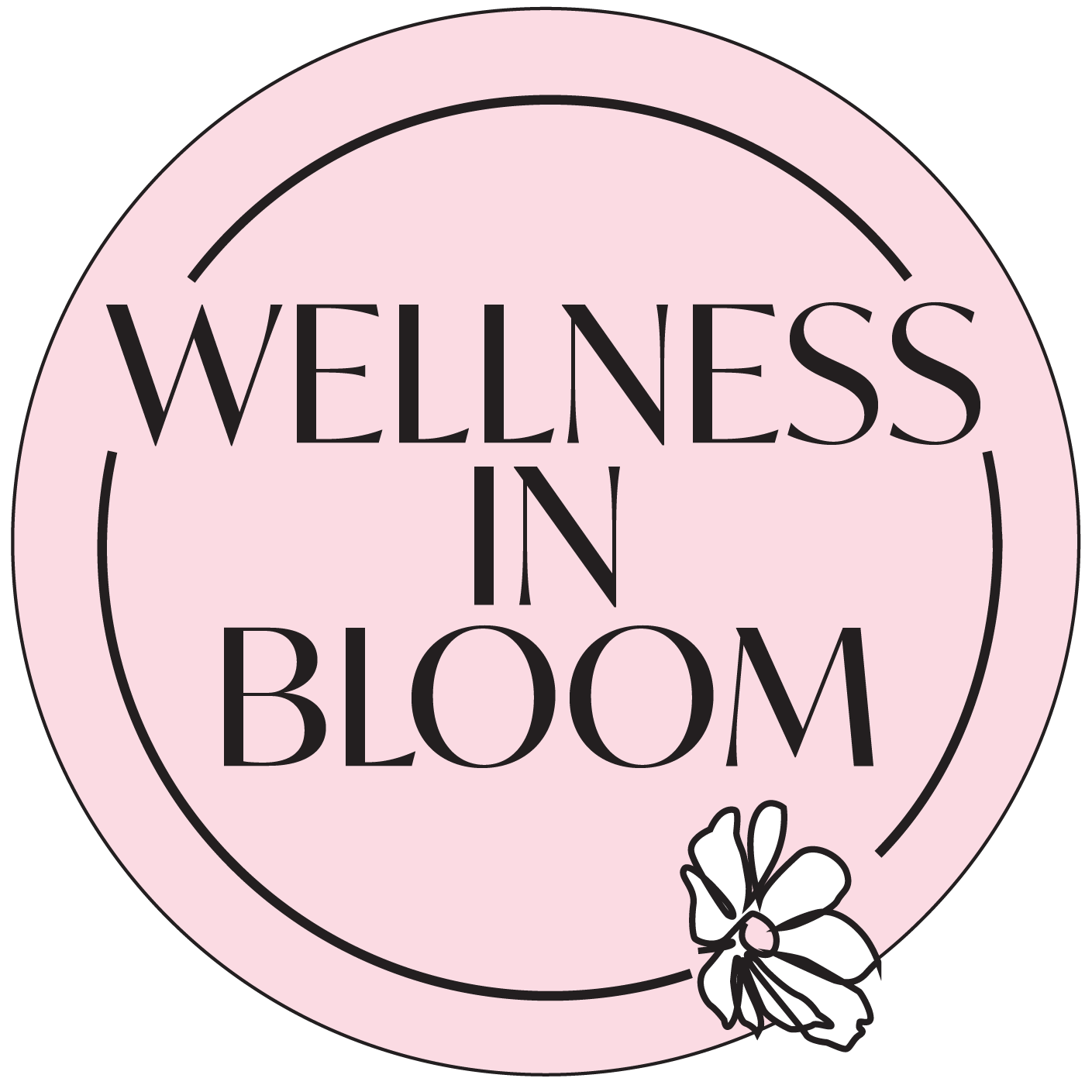Classical Music and Its Impact on Health
Why classical music can positively impact your health as you age
Priscilla Barnes
When we consider the best way to be healthy, we often look at nutrition. Why? Because what we eat dictates our health.
A better way to put it, though, is:
What we consume dictates our health.
Just like a tree that’s trying to grow, if it never has sunshine, never has water, has poor soil, it will not grow. Or even worse, it will produce bad fruit.
We are no different.
What we consume is much more than only our food choices. It’s what we consume with our eyes and our ears, it’s what we choose to become a part of us.
Why is this important to acknowledge? Because of one truth we often forget:
We become what we consume.
And when you think about all of the things we consume daily, we see that food is, in actuality, a very small percentage of it all. We listen to people, podcasts, our own thoughts, music. We watch endless videos on multiple platforms.
One aspect to what we consume that has intrigued me lately has been what we listen to with our ears - specifically music.
Did you know that research has shown that when we listen to music, the music activates the brain in ways that can impact behavior, memory, and even mental health? (1.)
Research has also shown that these impacts on our brain are intensified when we assess the impact that one specific type of music has on our brain: classical music.
Classical music promotes relaxation
If you find yourself stressed, consider listening to classical music. Physiological changes, such as heart rate and blood pressure, have been shown to happen with classical music. (2.) It sounds impressive, but when we stop to think about it, we can see that in our own lives when we assess music's impact on us.
Can you relate?
I sure can.
When my mom was diagnosed with Stage 4 cancer, it was, at the time, the 5 most stressful months of my life.
Managing her care, watching her deteriorate, while helping care for my father who needs full time care was an emotional and physical battle. If you've ever been in a similar situation you know that in the moment, you do things only to survive, and you don’t realize the weight of the situation, until it’s over.
For that reason, while in that state, our tolerance for certain things can become quite low. We then have less room to emotionally tolerate any added pain or uncertainty - whether from music, relationships, or outside stressors.
After her shocking diagnosis and the months that were filled with uncertainty, one thing I could control was the auditory stimulus I consumed - as in was the stimulus I consumed stressful or supportive? I began to only tolerate classical music. And found a source of comfort and reprieve amidst a time of life that seemed chaotic.
I listened to classical music on walks and in the car. I worked out to it. Music with words that used to make me happy, now seemed trivial and irritating.
I found peace and comfort in classical music - and now I understand why.
Classical music helps us manage stress
The study mentioned above showed that classical music can relax the nervous system and produce emotional changes (for the better) within the brain and body.
How amazing is that?
In a time of high stress that required a lot of reactivity and action, classical music provided calm.
As a result, I found artists that I love. Also, as a result, it’s about the only thing I listen to these days.
Classical music helps us reduce agitation
In a study following elderly men and women with severe cognitive impairment, listening to classical music thirty minutes twice a week for a total of six weeks significantly decreased levels of agitation. (3.)
Currently, classical music is a source of therapy for improvements in executive function, working memory, and general well-being among the elderly. (4.)
How amazing is that? A medicine free approach to brain health.
So, what exactly is it about classical music that initiates such positive results in the brain?
Music can of course be filled with words, but it is always filled with sound vibrations. Vibrations and certain sounds impact our neural activity, health, emotions and make us feel more (or less) vibrant and energized.
Research done on music in classrooms has shown an increase in concentration and staying on task when music that had an average tempo of 50-60 beats per minute - such as Bach, Vivaldi, Salieri and Albinoni. (4.)
It's easy to mindlessly consume destructive tempos
The interesting thing about music is that we can enjoy listening to it without realizing the words that make up the song. Many times, if we stop and read or think about the real intentions (let alone the actual words) behind some of the lyrics, we would rethink listening to it.
Like most people, I have listened to all kinds of music.
Growing up, my father was very protective of the types of music we listened to. Although I didn’t see it at the time, I do now see in a spiritual realm the result of what we listen to. The fruit we produce is a result of what we consume.
And it’s way too easy to mindlessly consume destructive words and frequencies on social media.
It’s also one of the reasons you will find my workouts on instagram being played to classical music. One day I was very convicted after realizing the lyrics to a popular audio I had chosen to pair with a workout. It was explicit wording that I didn’t want to be a part of my life, so why would I send it to others?
As we passively consume things on the internet, my hope is that whatever I am sending your way is productive rather than destructive. And why not support our health while we do it with all of the benefits listed above?
If you’re still not so sure, think about this:
Why don’t places of worship play the music on the Top 10 list of the latest rap songs?
When you’re trying to put a baby to sleep, why don’t you play the same music you danced to at college parties?
When you go to a spa, why are they playing sounds of nature rather than sounds of traffic?
Music, sound, and vibrations impact our mental and physical state, in more ways than we realize.
Let music, and the frequency associated with it, positively rather than negatively impact your environment and your health.
In the last two years of listening to classical music, I’ve also found amazing new artists. One I listened to repeatedly was Cotton Carousel by Juilan Fueyo. I think I listened to that song 20 times a day while my mom was battling cancer.
Other artists you should check out:
Gibran Alcocer
Ludovico Einaudi
Fraz Schubert
Jean-Philippe Rameau
Jason Fervento
Fabrizio Paterlini
Or feel free to check out my current playlist on Spotify here.
(Image is Rembrandt's "The Stone Bridge")

